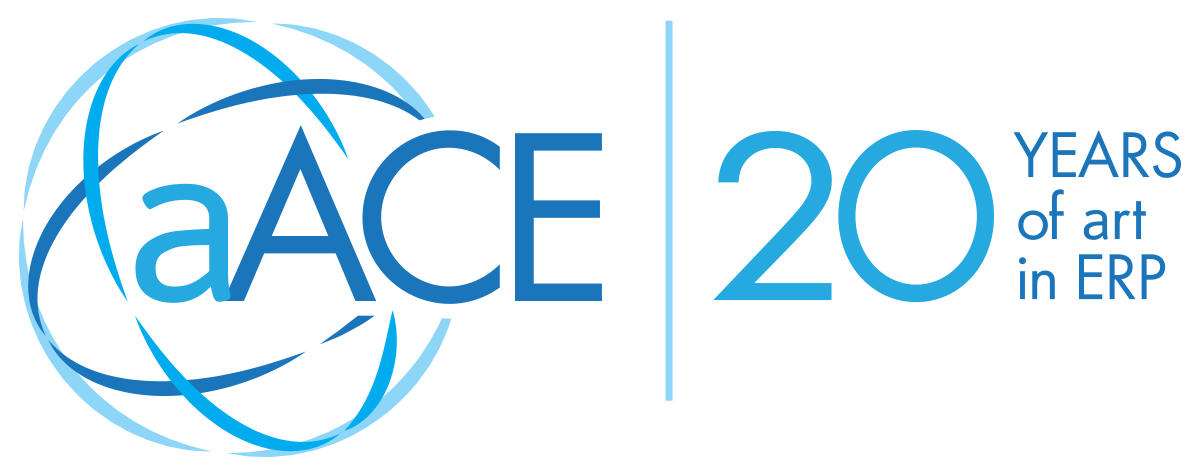Sales tax obligations are often complex and can cause headaches for small and mid-sized businesses, especially when marketplace fulfillment arrangements are involved. So while an offer of amnesty for uncollected sales tax sounds like a nice gesture, it’s not surprising that the details are complex. And they could cause a headache.
Deciding whether that possible headache is worthwhile is a gamble each business needs to evaluate.
To clarify the details and help you make this decision, Avalara’s Scott Peterson has analyzed the amnesty offer, suggested nine incisive questions you should ask about it, and also provided the answers. Even if you don’t currently sell any of your products through a marketplace, it can be valuable to learn about this latest development in how states are pursuing tax funds.
Context for a decision like this is crucial, so the Avalara advice begins by sketching out the larger picture around the amnesty decision. Peterson notes that inter-state collaboration on tax forgiveness is fairly rare; however, he later points out that many states organize their own amnesty or voluntary disclosure programs. This current program is the largest to date, with full participation by 23 states and limited offerings from five others. Another unique feature of this effort is that all eligible back taxes will be waived for any business with qualifying tax obligations (that is, taxes from nexus based on inventory stored in a fulfillment facility), whereas these programs usually only apply to registered taxpayers and typically only disclaim the penalties and interest on the tax monies.
The crux of the gamble is this: registering for the program will remove the expense of past taxes and a possible audit from marketplace sales, but it will also establish a clear, on-going tax obligation for your online marketplace sales.
The key points of this amnesty offering that Peterson clarifies move from more general information to central questions of the risks involved with each option:
1. Who does the tax amnesty impact? Any business using a marketplace provider (such as Amazon or eBay) with inventory in the affected states.
2. What states are participating? Peterson lists the 28 states (plus the District of Columbia) that are involved with this Multistate Tax Commission (MTC).
3. Do I really have to register and collect sales tax? Yes, according to the relevant state laws and definitions.
4. What about income tax? This tax obligation has more variability across states and can’t be easily generalized.
5. How does tax amnesty work? Between August 17 and October 17, you can apply to collect sales tax or to exempt from income/franchise tax and the unpaid back-taxes, penalties, and interest will all be waived. However you will be registered as an organization clearly required to collect and remit these taxes going forward.
6. What are the risks of participating in the amnesty plan? It requires time and resources to maintain accurate tax collection and payments, and increased costs are never pleasing to customers.
7. What are the risks of not participating? You may some day be audited and forced to pay these taxes, penalties, and interest, and state agencies are investing more resources into identifying and collecting these funds.
8. What are my other options? Hope to not be audited before you can take advantage of another amnesty or voluntary disclosure offering.
9. How do I learn more about the tax amnesty program? Talk with your trusted tax advisor, a representative of the MTC, or the Avalara hotline (phone or email) focused on this amnesty offering.
While the obvious numbers-based decision is to not let taxes erode your profits, the chance of future audits and the relevant ethical issues may weigh more heavily for your company. Whether your company is involved with manufacturing, distribution, or professional services, this is just one example of the challenging decisions that are part of the adventure of being an entrepreneur.
To offset the difficulty of tracking sales tax and the danger of not tracking it, you can invest in software solutions like AvaTax. And to further streamline your operations, this outstanding tax automation package can be integrated directly to your accounting / CRM / ERP suite. aACE Software provides a comprehensive yet affordable system with proven AvaTax integration. This robust business solution can not only bring peace of mind and a reduced burden for managing sales taxes, but can also provide increased visibility, accuracy, and velocity in your operations.
Learn more today about the synergy of Avalara tools and aACE 5.
“I feel the whole aACE package is customized and tailored to my needs.” ~ Todd Breedlove, Vice President, Knight Hardwood Flooring Inc.




